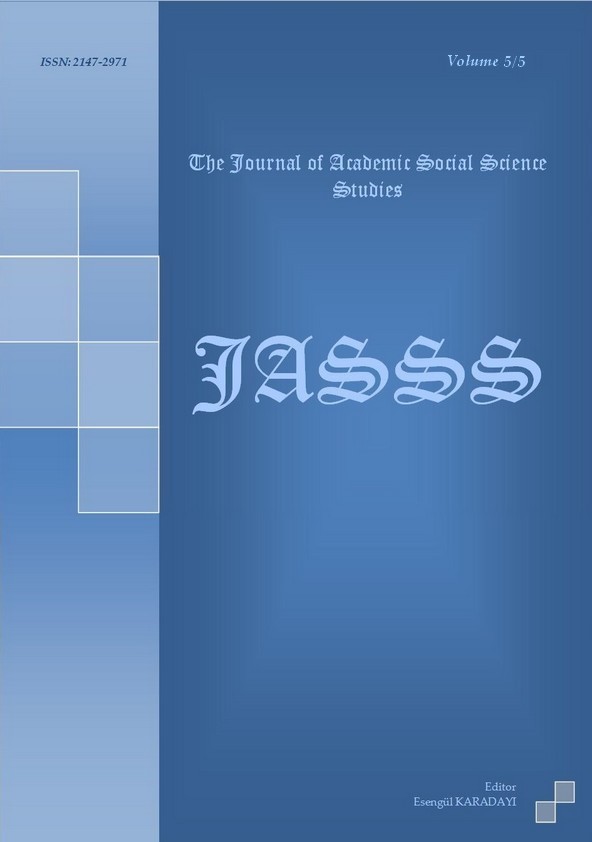Author :
Abstract
II. Meşrutiyet'in ilanından sonra özellikle Balkan Savaşlarıyla birlikte küçük Balkan Devletleri bağımsızlıklarını ilan etmeye başlamıştır. İmparatorluk sınırlarında uzun bir süreden beri yaşanan geri çekilmenin Müslüman-Türk unsurlar üzerinde yarattığı milliyetçi duygular, İttihat ve Terakki Cemiyeti tarafından eğitim alanına kanalize edilmiştir. Ancak Osmanlı ekonomisinin mevcut durumu eğitim reformunun önünde önemli bir engeldi. Bu engeli ortadan kaldırmanın yolu ise kendi kendine yeter bir iktisat politikasıdır. Bu nedenle cemiyet, gayrimüslim merkezli ticaret ve iktisat faaliyetlerini Müslüman-Türk merkezli milli bir iktisat politikasına kaydırmıştır. Cemiyet, liberalizm karşıtı bir hale dönüşen bu iktisat politikası sayesinde " milli tüccar" ya da "milli burjuvazi" adı altında milli şirketler oluşturma yoluna gitmiştir. Bu politika sayesinde Müslüman-Türk vatandaşlar ticarete teşvik edilmiş ve bu konuda gerekli kolaylıklar sağlanmıştır. Bu kolaylıkların bir örneğini oluşturan milli şirketlerden bir tanesi de İzmir'de 29 Mart 1333[1917] tarihinde “ İzmir İhracat ve İthalat Türk Anonim Şirketi” adıyla kurulmuştur. Bu yeni ticarî şirket, çok ortaklı bir mekanizma olarak İzmir’de önemli atılımlarda bulunmuştur. Bu çalışmamızda, şirketin kuruluş nizamnamesi çerçevesinde idari ve iktisadî yapısı ve uygulanan milli iktisat politikasının kısa bir değerlendirmesi yapılacaktır.
Keywords
Abstract
Smaller Balkan countries started to declare their independence just after repromulgation of constitutional monarchy particularly with the Balkan Wars. Nationalist feelings, which had an effect upon Muslim and Turk elements as a result of disengagement that has been continuing for a long time within the boundaries of the Ottoman Empire, were channeled into field of education by the Committee of Union and Progress. But the current state of the Ottoman economy was a significant obstacle in front of the educational reform in that period. The way to eliminate this obstacle was an economy policy of self-sufficiency. Therefore, the Committee of Union and Progress replaced commercial and economical activities that Non-Muslims centered with a national economy that Muslims and Turks based. The Unionists went to establish national companies under the name of "national merchant " or " national bourgeoisie" thanks to his national economy policy which came in possession of anti-liberalism. By means of this policy, the Muslims and Turks were encouraged to trade and in this regard the necessary facilities were provided for them. One of the national companies, which were an instance of these facilities, was established in Izmir on the 29th of March in 1333 [1917] by the name of Izmir Exportation and Importation Turkish Incorporated Company. This new commercial company, as a multi-shareholder mechanism performed an important breakthroughs in Izmir. In this study, the administrative and economical structure of that company within the frame of house regulations of it and national economy policy, which was applied, will briefly considered.





